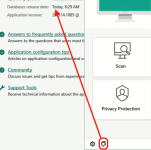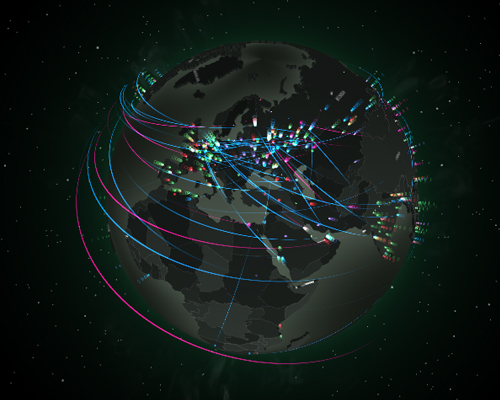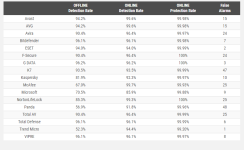So i just started using kaspersky. I just noticed this morning that kaspersky definitions were quite old. You can see in the screenshot how old the definitions are and what time it is (sorry i cut off the date its 5/1). Kaspersky seems fine with how old they are:
Here is my update settings (default):
Sure i could click the "update" button but i should never have to do that.


